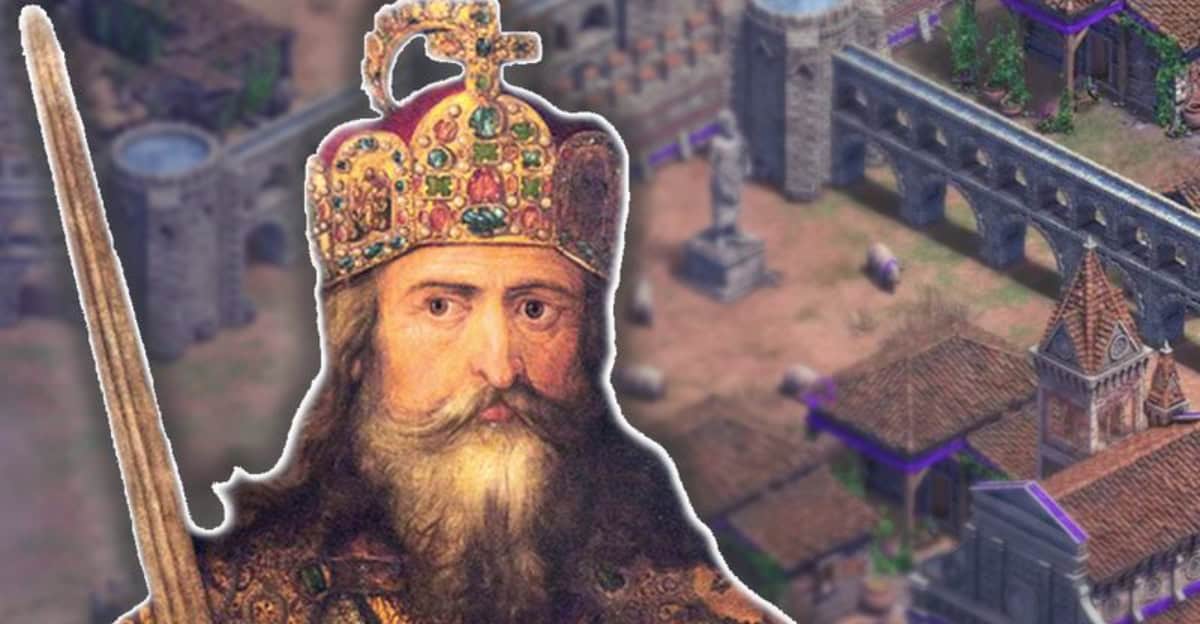Throughout history, numerous kings have wielded tremendous power, shaping the destiny of their nations and leaving indelible marks on the world. These monarchs often shared common traits that set them apart.
This post delves into the lives and reigns of nine such powerful kings, exploring what made them formidable rulers and the shared characteristics that defined their leadership.
1. King Solomon
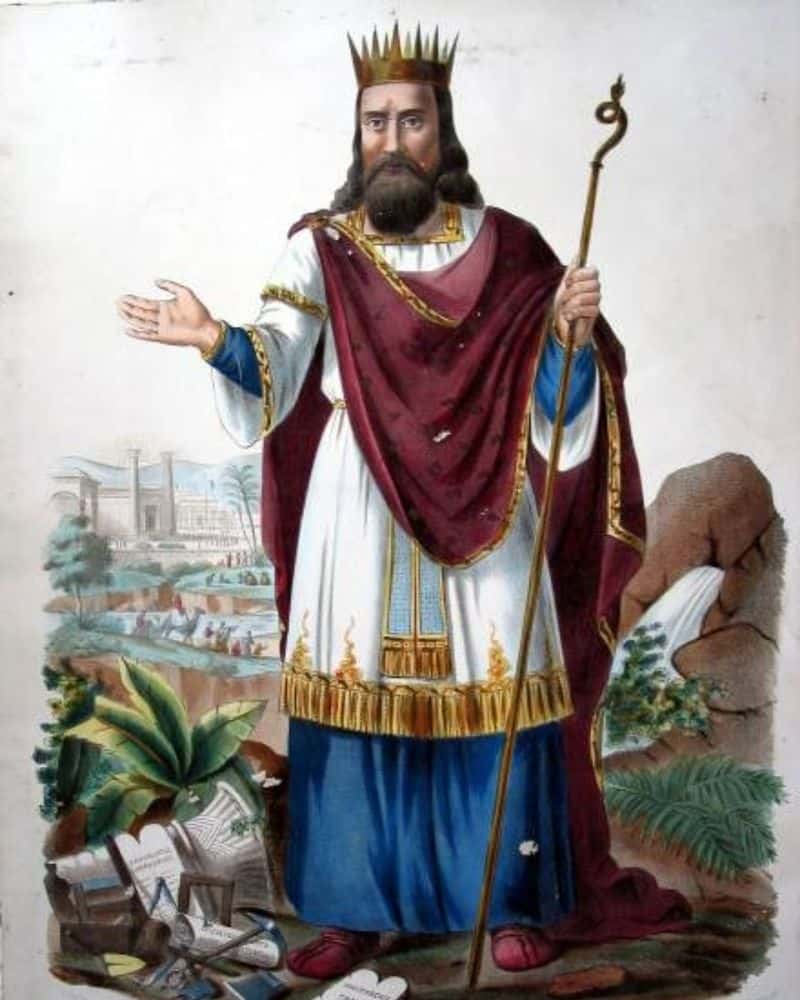
King Solomon, a figure of wisdom and wealth, ruled over Israel in the 10th century BC. Known for his wisdom, he built the magnificent Temple of Solomon, a symbol of his architectural prowess.
His reign is marked by prosperity and peace, a testament to his diplomatic skills. Solomon’s wisdom is famously showcased in the biblical story of the two women and the baby, illustrating his ability to make judicious decisions.
Despite his achievements, his alliances through marriages led to influences that eventually divided his kingdom. His legacy as a wise and prosperous king endures.
2. Genghis Khan
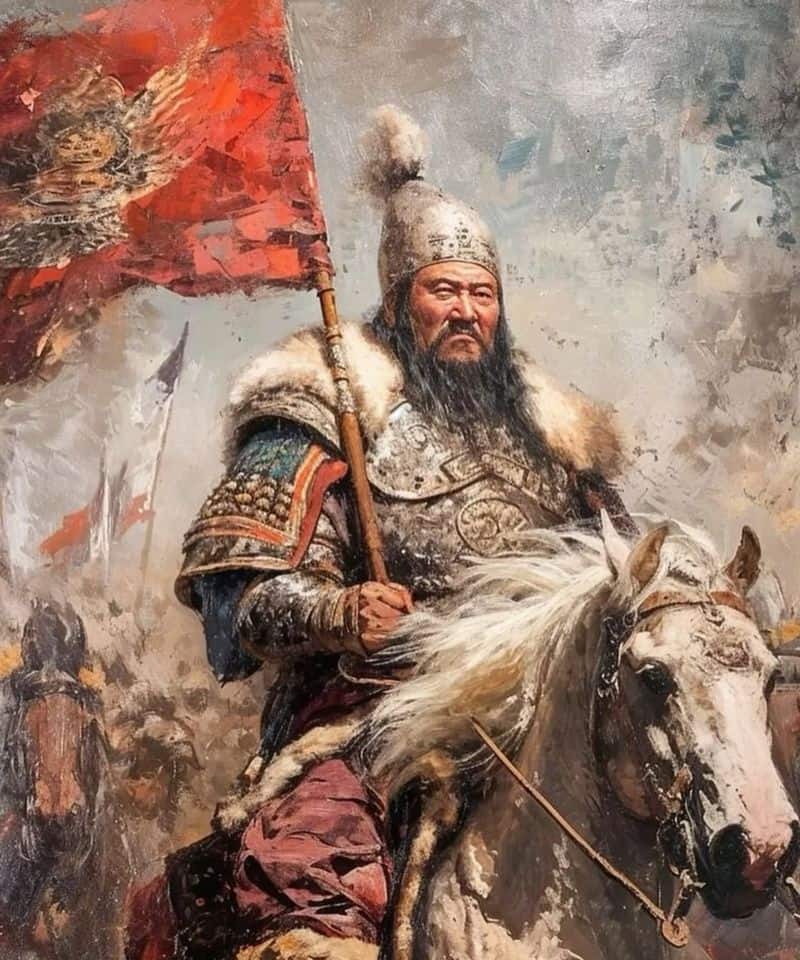
Genghis Khan, the founder of the Mongol Empire, unified the nomadic tribes of Northeast Asia in the early 13th century. Renowned for his military genius, he expanded the empire to become the largest contiguous land empire in history.
His leadership was characterized by mobility and psychological warfare. His policies promoted trade and communication across Asia, which facilitated cultural exchanges.
Genghis Khan’s legacy is one of transformation, showing how a single leader can reshape global history. His emphasis on meritocracy and religious tolerance were ahead of his time, influencing governance structures worldwide.
3. Alexander the Great

Alexander the Great, born in 356 BC, was a Macedonian king whose empire stretched from Greece to Egypt and into northwest India. Known for his unparalleled military tactics, he never lost a battle in his 15-year campaign.
His conquests spread Greek culture throughout the known world, a period known as the Hellenistic Era. Alexander’s legacy includes the founding of numerous cities, many named Alexandria, which served as cultural hubs.
His vision for a unified world under his rule demonstrates his ambition and strategic prowess. Alexander’s short but impactful life continues to inspire military strategists today.
4. Louis XIV
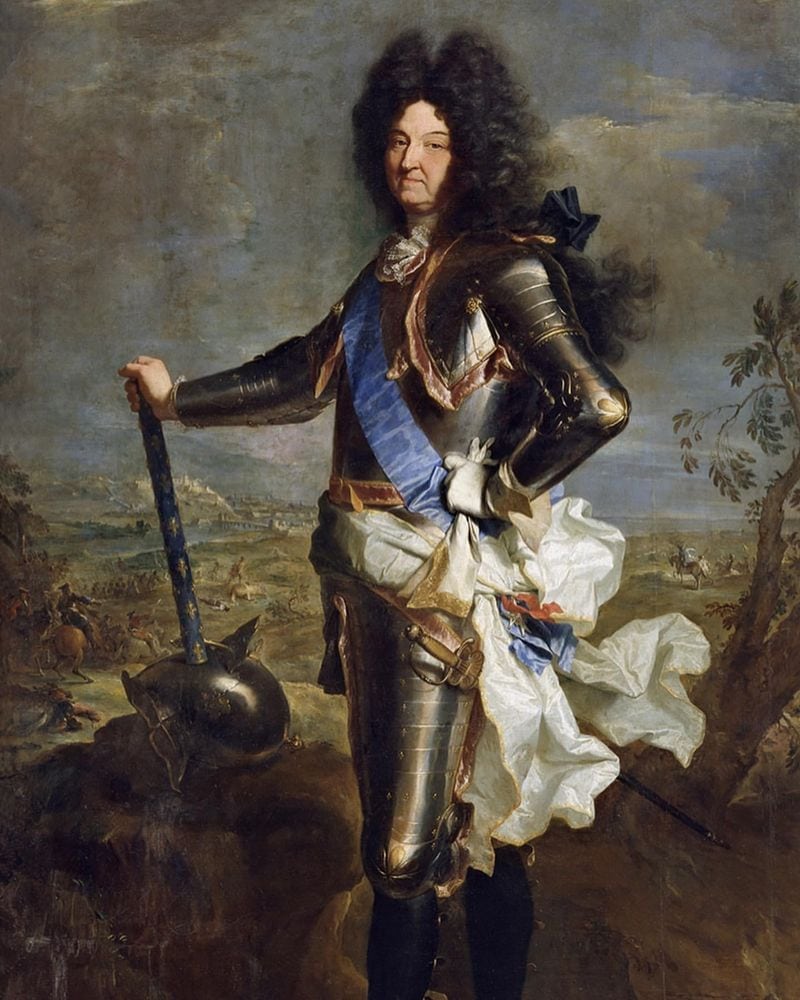
Louis XIV, the Sun King, ruled France for 72 years, becoming a symbol of absolute monarchy in the 17th century. His reign saw France become the preeminent European power, with the Palace of Versailles as its splendid epicenter.
He centralized power and reformed the state, leaving a lasting legacy on governance. Louis’ influence extended to culture, art, and fashion, setting trends across Europe.
Despite his successes, his wars strained France’s resources. However, his ability to maintain control over a vast and diverse kingdom showcases his effective leadership. Louis XIV remains a defining figure in French history.
5. Emperor Akbar
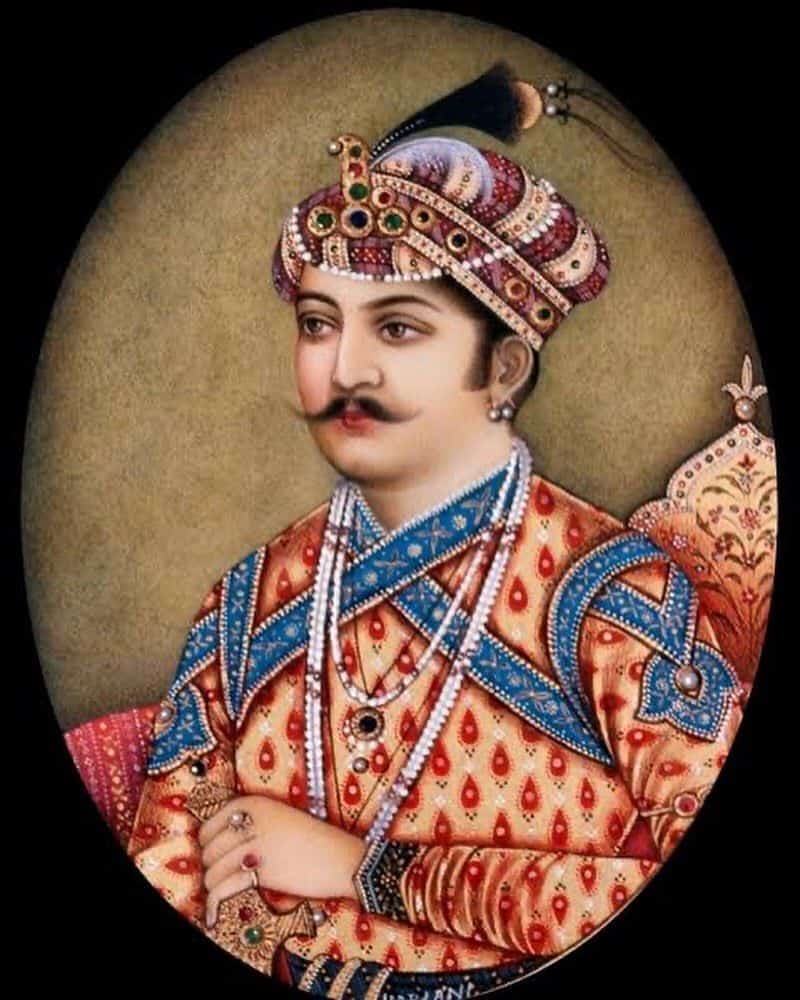
Emperor Akbar, ruling from 1556 to 1605, is regarded as one of India’s greatest Mughal emperors. His reign was marked by military conquests, administrative innovations, and efforts to foster religious harmony.
Akbar’s policy of Sulh-e-Kul promoted peace and tolerance among diverse religious communities. Under Akbar, the Mughal Empire expanded significantly, blending Hindu and Muslim cultures.
His patronage of the arts and architecture led to iconic creations like the city of Fatehpur Sikri. Akbar’s vision of a unified India under a single rule made him a revered leader, remembered for his inclusive governance.
6. Cyrus the Great
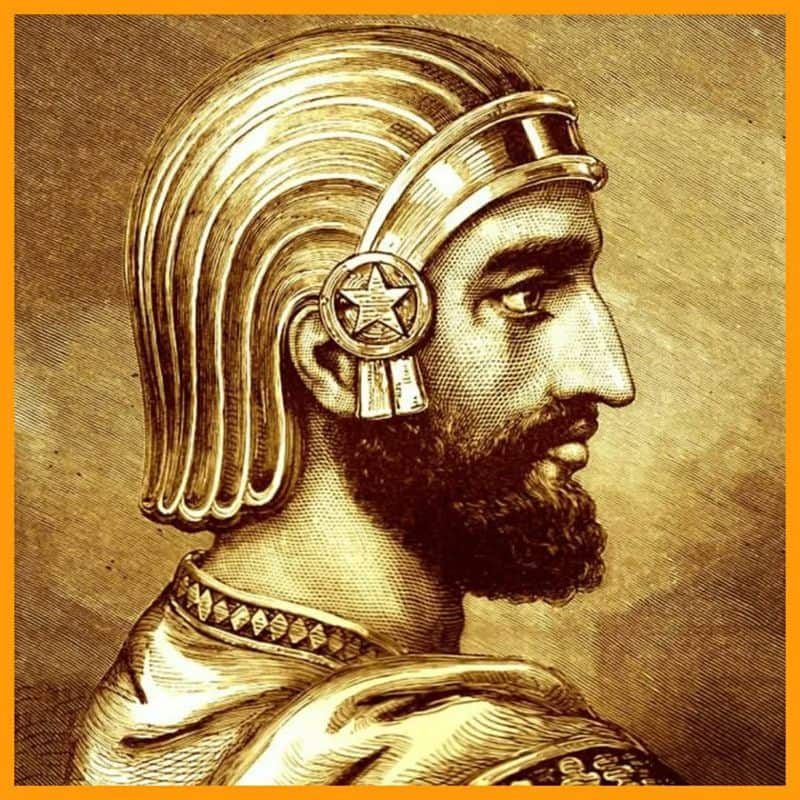
Cyrus the Great, founder of the Achaemenid Empire, was a visionary leader known for his humane approach to governance. He established the empire in the 6th century BC, uniting diverse peoples through policies of tolerance and respect.
His conquest of Babylon is legendary, with the Cyrus Cylinder as a testament to his rule. Cyrus’ emphasis on human rights and cultural respect set new standards for leadership.
His innovative approach inspired future generations, influencing concepts of governance. The legacy of Cyrus the Great is a blend of military brilliance and enlightened leadership, setting the groundwork for a prosperous empire.
7. Napoleon Bonaparte
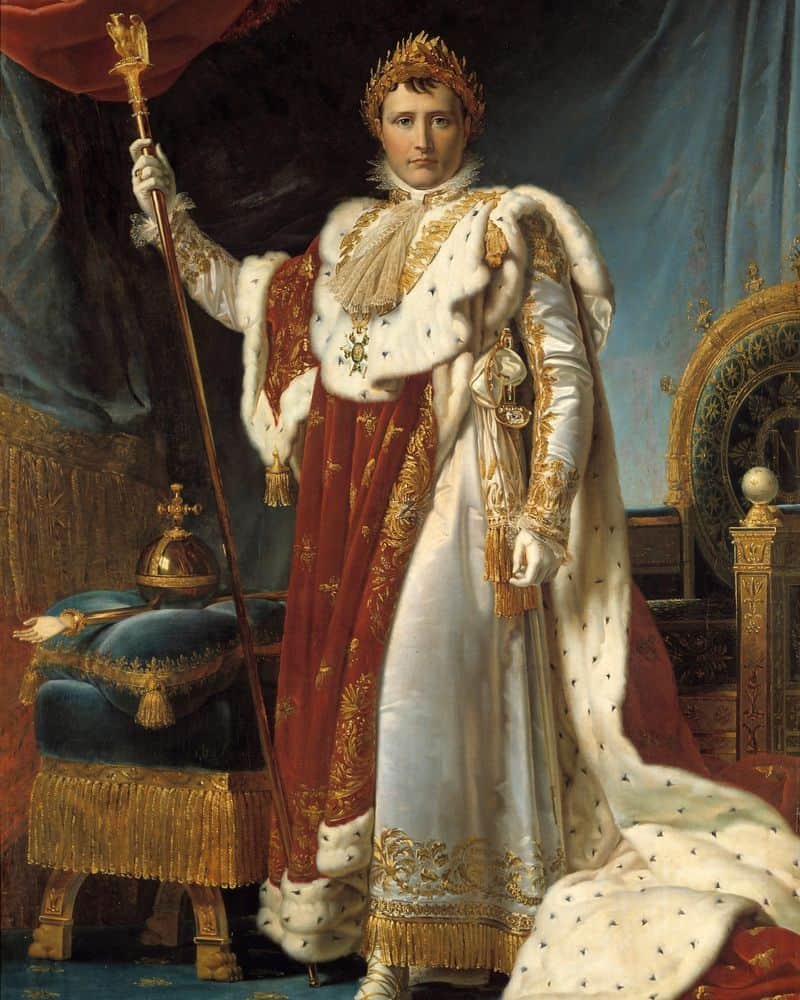
Napoleon Bonaparte, a military genius, transformed France into a dominant European power in the early 19th century. Rising from the chaos of the French Revolution, he crowned himself Emperor and established a legal code that reshaped civil law worldwide.
His campaigns changed the map of Europe. Despite his eventual defeat, Napoleon’s impact on military strategy and governance is profound. His life exemplifies the rise and fall of a leader driven by ambition and innovation.
The Napoleonic Code remains a significant legacy, influencing legal systems globally and showcasing his far-reaching impact on civil society.
8. King Ashoka
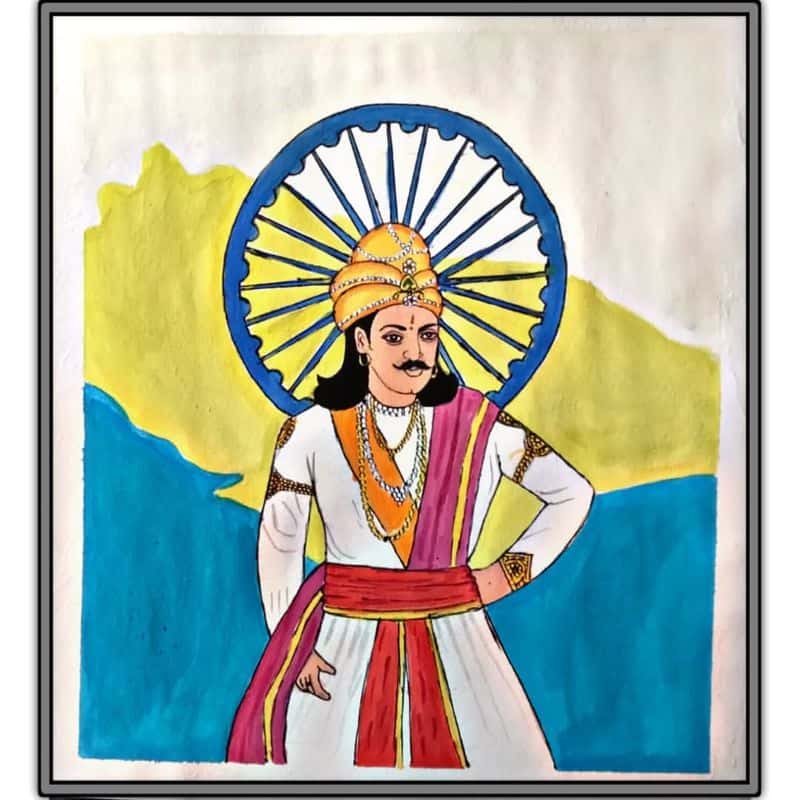
King Ashoka, who ruled the Maurya Empire in the 3rd century BC, is celebrated for his transformative embrace of Buddhism. After a brutal conquest, he renounced violence, promoting peace and dharma across his domains.
His reign is marked by the spread of Buddhism and the establishment of monuments such as stupas and pillars. Ashoka’s emphasis on moral governance and welfare projects set a precedent for ethical leadership.
His edicts, inscribed on rocks and pillars, advocated for justice and compassion. King Ashoka’s legacy is one of profound spiritual and cultural influence, highlighting the power of redemption and ethical rule.
9. Charlemagne
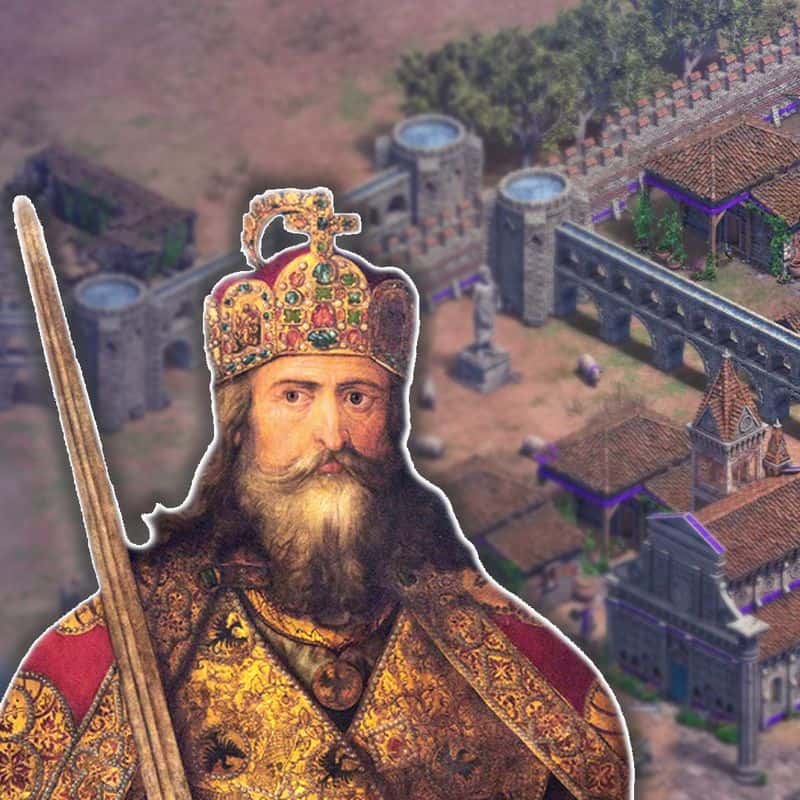
Charlemagne, or Charles the Great, was the king of the Franks and later the Holy Roman Emperor in the 8th and 9th centuries.
He is credited with uniting much of Western Europe during the early Middle Ages, fostering the Carolingian Renaissance, a revival of art, culture, and learning.
His reign stabilized the region, laying the foundation for modern Europe. Charlemagne’s legacy includes the promotion of education and legal reform.
His strong leadership and visionary policies helped shape a unified and culturally rich European identity. He remains a towering figure in medieval history.

